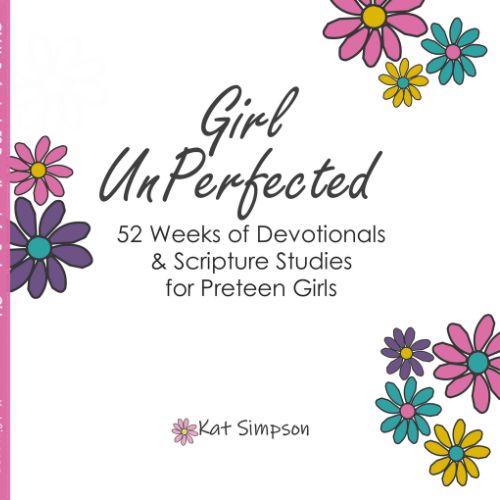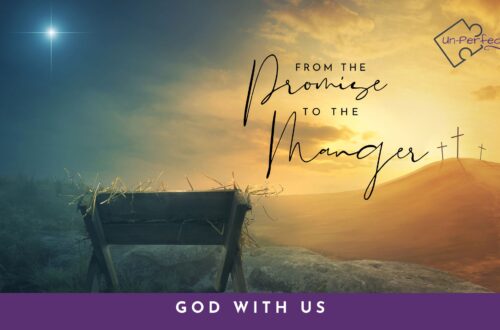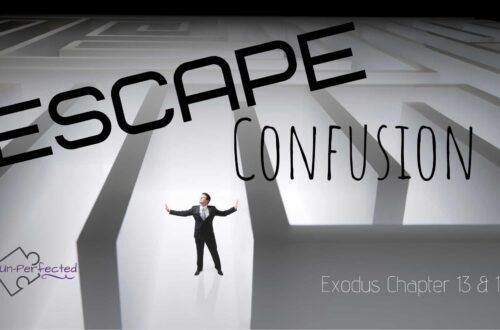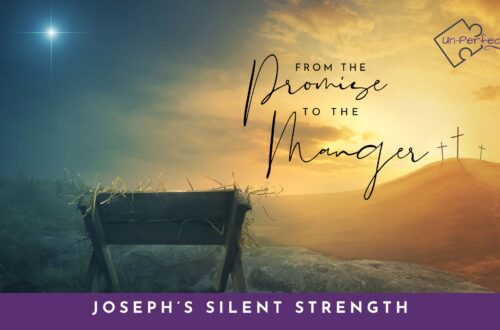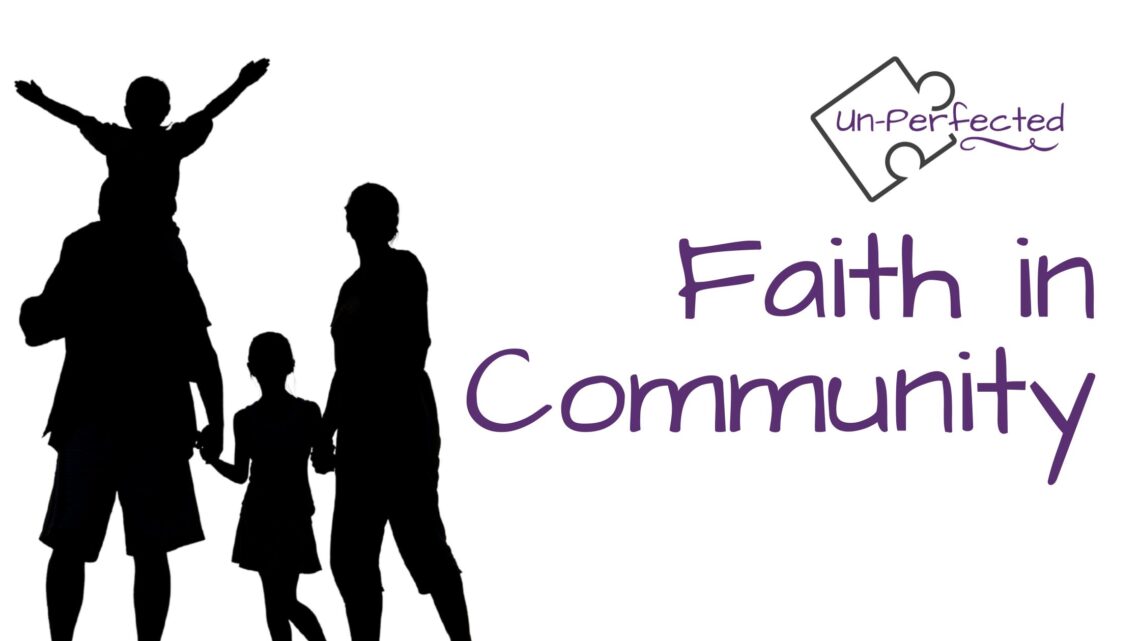
Faith in Community: There’s Strength in Numbers
A Bible Study on the Power of Community
If you’ve ever tried to do everything on your own (your faith, your family, your calling), you know how exhausting it can be. I’ve been there too. There was a time when I thought that being “strong in faith” meant being independent, handling my struggles privately, and showing up to church with a smile even when I was falling apart inside.
But God never designed faith to be a solo mission. In fact, from the very beginning, He made us for community, real, messy, encouraging, life-giving community.
Let’s look at what that really means.
The Power of “Koinonia”
In Acts 2:42–47, we see the early church in action. The believers “devoted themselves to the apostles’ teaching and to fellowship, to the breaking of bread and to prayer.” The Greek word for fellowship here is koinōnia (κοινωνία), which means much more than just hanging out. It describes deep participation, shared life, and mutual investment in each other’s faith.
This wasn’t a group of people who saw each other once a week and exchanged polite smiles. They did life together. They prayed together, worshiped together, ate together, and even met each other’s needs by sharing what they had.
And what happened as a result? “The Lord added to their number daily those who were being saved.”
Community, real koinonia, creates an environment where faith grows and where God’s presence becomes tangible.
Why We Need Each Other
Ecclesiastes 4:9–12 paints a vivid picture of what it looks like to live in community:
“Two are better than one, because they have a good return for their labor… A cord of three strands is not quickly broken.”
That “cord of three strands” isn’t just poetic, it’s symbolic. When we intertwine our lives with others in Christ, the third strand is God Himself. The Hebrew word for “cord” here is ḥevel (חבל). It means both a literal rope and a bond of connection. We’re meant to be bound together in love and purpose, held by God’s strength.
When life knocks us down (and it will), community is what helps us get back up.
When we start to doubt, community is what reminds us of God’s truth.
When we feel unseen, community is where we’re known and loved.
The Lie of Spiritual Independence
The world often celebrates independence, “I can do it myself.” But spiritual independence is dangerous because it isolates us from one of God’s greatest tools for our growth: people.
Hebrews 10:24–25 urges us, “Let us consider how we may spur one another on toward love and good deeds… encouraging one another—and all the more as you see the Day approaching.”
That word spur (Greek: paroxysmós, meaning to provoke or stir up) isn’t soft encouragement, it’s active. It’s the kind of love that challenges us to grow, to keep showing up, and to keep our hearts aligned with Christ.
Sometimes, the most faithful thing a friend can do is call us out with grace. And sometimes, the most humble thing we can do is let them.
Faith in the Wild
If we’re honest, community can be messy. People misunderstand each other. Friendships drift. Churches go through hard seasons. But even in the imperfection, there’s beauty.
The early church wasn’t perfect either. They had disagreements, cultural clashes, and leadership conflicts, but they stayed devoted. They didn’t give up on each other because they knew their unity wasn’t built on perfection. It was built on Christ.
How We Can Live This Out
- Be intentional. Don’t wait for community to find you. Reach out, join a small group, or start a prayer circle with friends.
- Be honest. Real relationships grow when we’re vulnerable. Let someone into your struggles, not just your victories.
- Be available. Sometimes the best ministry is simply showing up for someone who needs to know they’re not alone.
Faith was never meant to be lived in isolation. When we lean into the koinōnia God designed, our lives start to reflect His heart and the world takes notice.
Go Deeper with Your Family
Want to bring this lesson home to your family? Download this week’s Free Family Devotional. It includes Scripture readings, questions, and a guided prayer to help your family learn how to walk in forgiveness together.
Closing Thought
When Jesus sent out the disciples in Luke 10, He sent them two by two. Even the Son of God didn’t send His followers alone. That’s a model worth paying attention to.
So, if you’ve been walking your faith journey solo, maybe this is your reminder: God has people waiting to walk with you. And if you’ve been blessed by strong community, maybe this is your invitation to reach out to someone who’s on the outskirts.
Because a cord of three strands, woven with love, faith, and God’s presence, is not easily broken.
Questions for reflection:
- How have you experienced koinonia (true fellowship) in your life?
- Is there someone God might be calling you to connect with or mentor?
- What barriers keep you from living out your faith in community?
For Girls Walking the UnPerfected Journey
If this message encouraged you, I’d love for you to check out my book, Girl UnPerfected, available now on Amazon. It’s written for preteen girls learning to walk in God’s grace while embracing imperfection.
Girl UnPerfected: 52 Devotionals for Preteen Girls is a weekly guide to help your daughter grow in faith without feeling the pressure of perfection. Available on Amazon. Because faith isn’t about being flawless, it’s about being real with God.
Resources & Links:
Listen to more episodes of The UnPerfected Life podcast.
Free Family Devotional Guide for this episode
Follow Kat on Instagram: @unperfectedministries
🎧 Listen to the full episode on The Unperfected Life Podcast wherever you stream!
Want more stories and practical tips? Check out the full episode of The UnPerfected Life Podcast wherever you stream your shows. We dive into James 3, share real-life examples, and talk about how to let God guide your words—so you can speak life to those around you.



